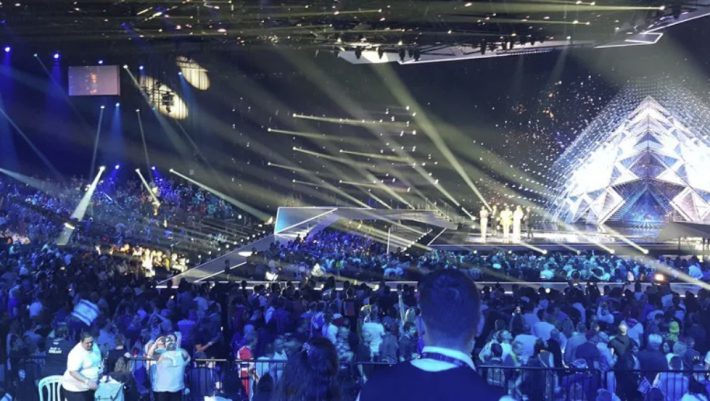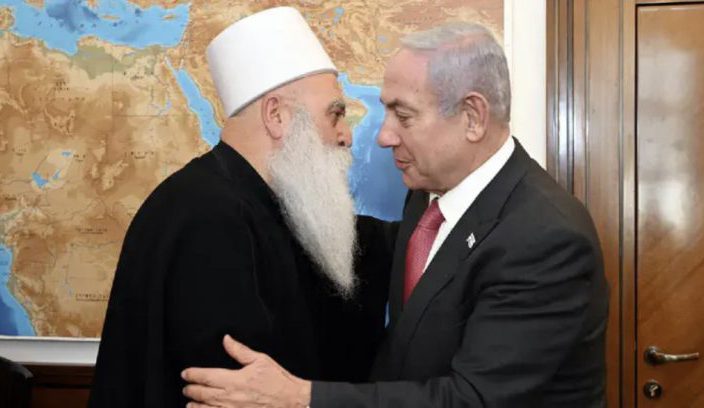The Netherlands’ Avrotros and Ireland’s RTÉ have vowed to boycott Eurovision 2026 if Israel competes, citing “human suffering in Gaza” and “erosion of press freedom,” as calls to expel Israel from the contest intensify.
The political storm around the Eurovision Song Contest is escalating as two European public broadcasters — the Netherlands’ Avrotros and Ireland’s RTÉ — have announced they will pull out of Eurovision 2026 if Israel is allowed to compete.
Avrotros released its statement Friday, closely mirroring Ireland’s position, accusing Israel of:
- “Ongoing and severe human suffering in Gaza”
- “Serious erosion of press freedom”
- Political interference incompatible with public broadcasting values
RTÉ had earlier declared it would not participate “given the ongoing and appalling loss of lives in Gaza.”
Both broadcasters cited Israel’s alleged restrictions on international journalists in Gaza and reports of casualties among local reporters.
The boycott threats mark the latest flashpoint in a year-long campaign to expel Israel from Eurovision following the October 7 Hamas massacre and Israel’s subsequent war in Gaza.
Mounting Pressure Inside the EBU
The European Broadcasting Union (EBU) has so far resisted calls to suspend Israel, but tensions are growing:
- A July 2025 closed-door EBU meeting in London saw Iceland and Slovenia lead the push for Israel’s removal. Austria, Germany, and Switzerland defended Israel. The BBC intervened to block a vote, urging “further dialogue.”
- In April 2025, formal requests to ban Israel came from Iceland and Spain.
- After Israel’s entry “New Day Will Rise” by Yuval Raphael came in second place at the 2025 Basel contest, several countries — including Spain, Belgium, Finland, and Ireland — demanded audits of televoting results after Israel dominated the public vote despite weak jury support.
Even Austria’s winner, JJ, briefly joined calls to suspend Israel before retracting his statement.
What’s Next?
With Eurovision 2026 preparations underway, the EBU faces mounting pressure from northern and western broadcasters, while Israel retains strong public support among Eurovision voters. Whether the union can keep the contest “non-political” in the face of intensifying boycotts remains to be seen.





